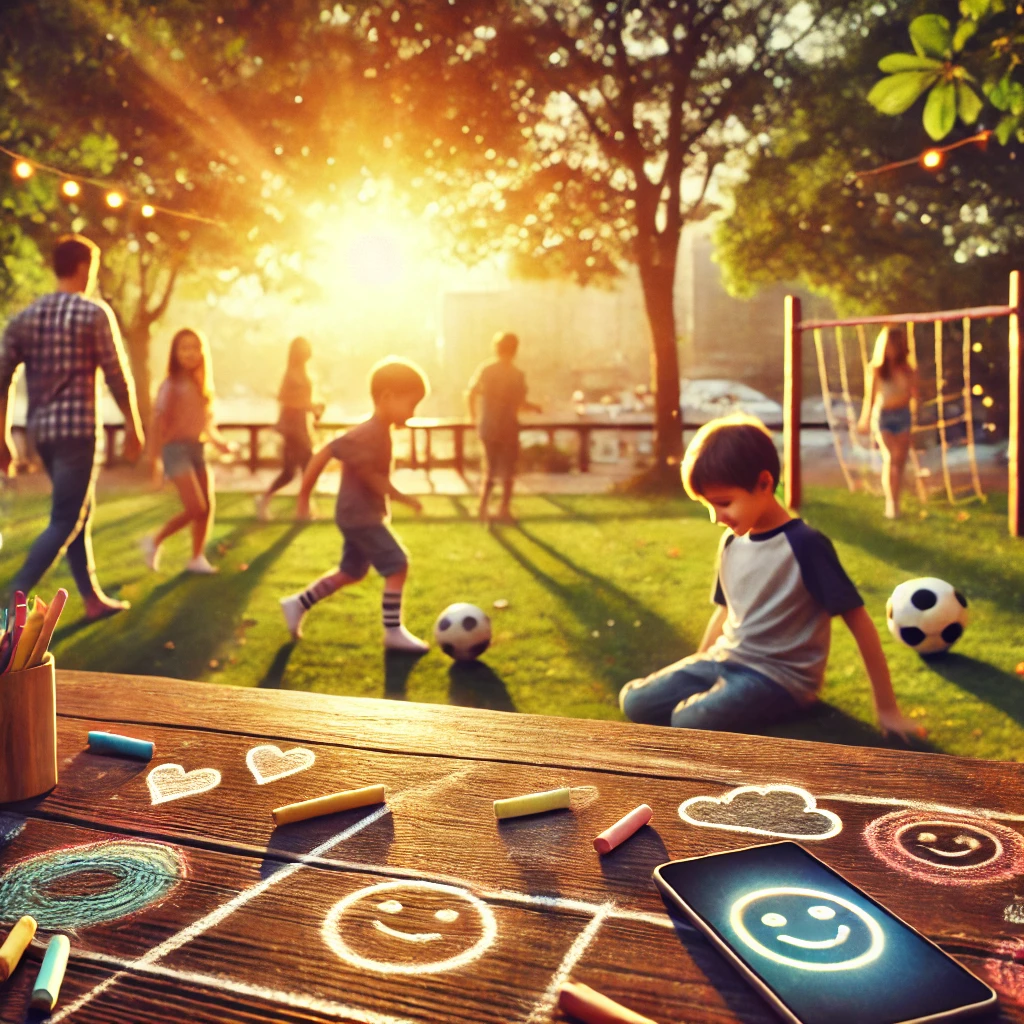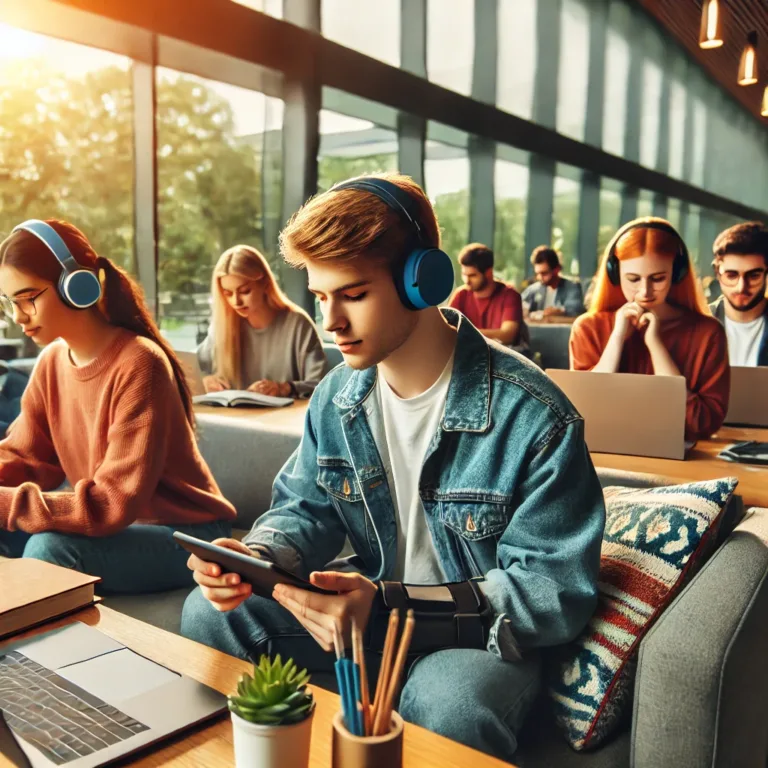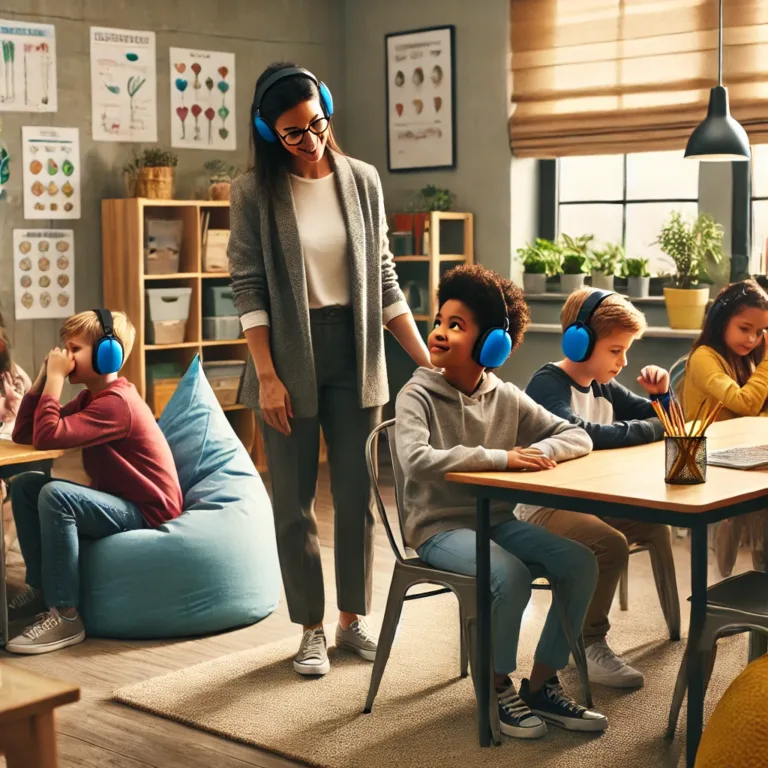No products in the cart.

Offline and Thriving: Could a Social Media Ban Help Children’s Mental Health?
Social media has become a central part of many children’s lives, offering opportunities for connection, creativity, and learning. However, the darker side of social media—cyberbullying, unrealistic comparisons, and screen addiction—raises significant concerns about its impact on mental health. Some argue that limiting or even banning social media could benefit children’s mental well-being. But is a ban the best solution, or should we focus on healthier habits instead?
The Mental Health Impact of Social Media
Social media affects children in various ways, with both positive and negative consequences:
- Positive effects: Connection with friends, access to information, and creative expression.
- Negative effects: Anxiety, depression, low self-esteem, and exposure to harmful content or cyberbullying.
Research highlights the link between excessive social media use and increased rates of mental health issues in children and teens, driven by constant comparisons, fear of missing out (FOMO), and the pressure to maintain a digital persona.
Could a Social Media Ban Help?
A social media ban could reduce many of the negative impacts children face, including:
- Less exposure to harmful content: Eliminating platforms would limit exposure to cyberbullying and unrealistic standards.
- Improved focus: Time spent offline could encourage hobbies, schoolwork, and real-world interactions.
- Better sleep patterns: Without late-night scrolling, children may experience healthier sleep routines.
However, a complete ban might also create challenges, such as:
- Isolation from peers: Social media is often a key way for kids to connect and communicate.
- Missed learning opportunities: Platforms can be valuable for educational resources and skill-building.
- Resistance and secrecy: Children might find ways to access social media despite restrictions, leading to less oversight.
Promoting Healthy Digital Habits Instead
Rather than banning social media outright, encouraging balanced use and digital literacy could be a more sustainable approach:
- Set time limits: Use apps or device settings to limit screen time and ensure breaks.
- Encourage open conversations: Talk to children about the risks and benefits of social media, helping them navigate it safely.
- Promote offline activities: Encourage hobbies, sports, and family time to reduce reliance on screens.
- Monitor usage: Keep an eye on the platforms and content children engage with, intervening when necessary.
Alternative Solutions for Mental Health Support
Schools and communities can help by teaching digital literacy and emotional intelligence, enabling children to use social media responsibly. Encouraging mindfulness, self-esteem-building activities, and fostering supportive environments can also counteract the negative effects of online pressure.
A Balanced Approach
While banning social media might seem like a quick fix, addressing the underlying issues is a more effective long-term solution. By focusing on healthy habits, parental involvement, and open communication, children can learn to navigate the digital world while maintaining their mental well-being.
Sources:
- Pew Research Center – “Teens, Social Media, and Mental Health”
- American Academy of Pediatrics – “The Effects of Social Media on Children”
- Common Sense Media – “Healthy Social Media Habits for Kids”



